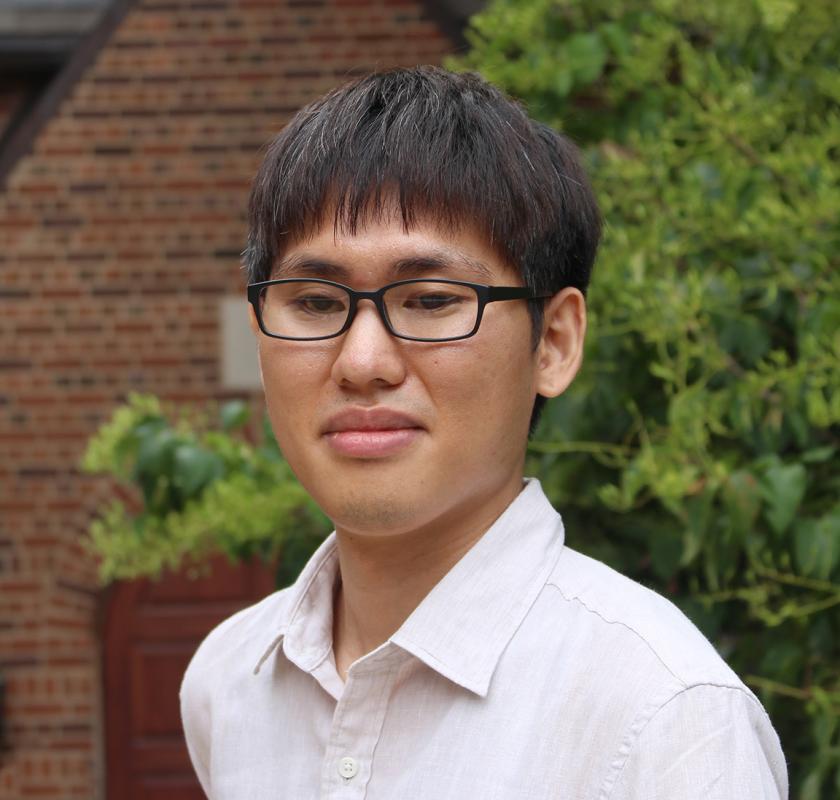
The iSchool is pleased to announce that JooYoung Seo will join the faculty as an assistant professor in August 2021. He is a PhD candidate in the Learning, Design, and Technology program at Pennsylvania State University and also an RStudio double-certified data science instructor and accessibility expert certified by the International Association of Accessibility Professionals (IAAP).
As a learning scientist, data scientist, and engineer who is blind, Seo is particularly interested in how to make computational literacy more accessible to people with disabilities using multi-modal data representation.
"The unique value that I will bring to the iSchool is universal design," he said. "The majority of information is designed visually because humans rely heavily on visual modality. However, there are more than 1.3 billion people having visual impairments who struggle with the visual standard."
Seo has worked on various research and development projects pertaining to accessible computing and assistive technologies. His projects have involved not only web accessibility but also human-centered design and development studies, such as inclusive makerspaces, tangible block-based programming, tablet-based haptic feedback of knowledge structure, accessible data science, and accessible/reproducible scientific writing tools for people with and without disabilities.
"We are excited to welcome JooYoung to the iSchool," said Dean Eunice E. Santos. "His expertise in accessible computing, universal design, and inclusive data science will complement our current research efforts, especially in the areas of user experience and information access."